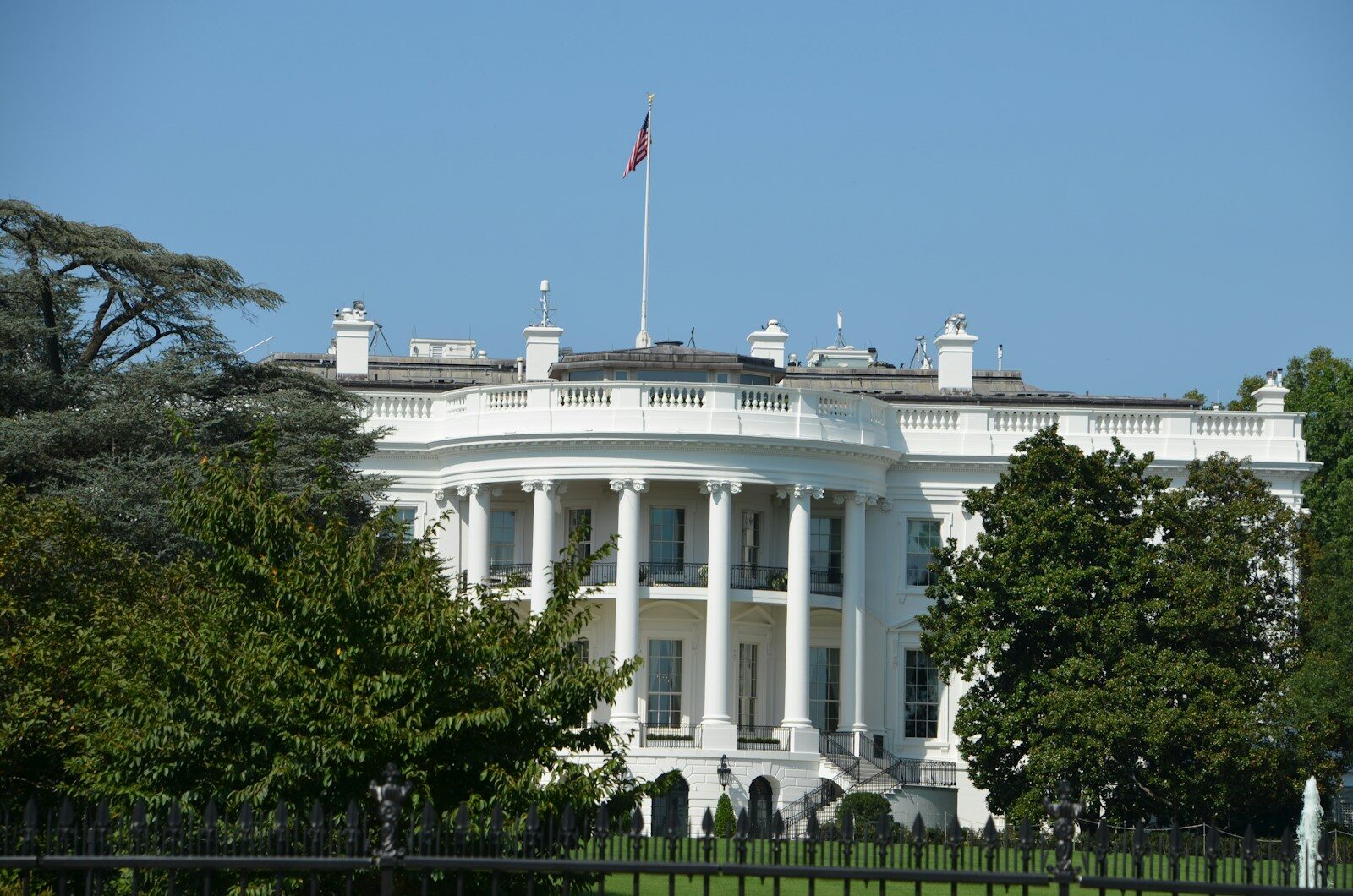In a pivotal moment for Canada-U.S. relations, Prime Minister Mark Carney met with U.S. President Donald Trump on May 6, 2025. This high-stakes encounter, held in the Oval Office, underscored Canada’s unwavering commitment to its sovereignty amidst escalating trade tensions and provocative rhetoric from its southern neighbor.
Setting the Stage: A Climate of Tension
The lead-up to this meeting was marked by increasing friction. President Trump’s imposition of 25% tariffs on Canadian steel, aluminum, and automotive imports had strained economic ties, prompting Canada to respond with nearly $30 billion in retaliatory tariffs. Moreover, Trump’s repeated references to Canada as the “51st state” and suggestions of annexation had ignited nationalist sentiments across Canada. Prime Minister Carney, who assumed office in March 2025, capitalized on this sentiment, leading the Liberal Party to a minority government victory.
The Meeting: Diplomacy Meets Defiance
During their meeting, President Trump reiterated his vision of a closer union, describing potential statehood as a “wonderful marriage” and insisting it “takes two to tango.” Prime Minister Carney responded firmly, stating, “Canada is not for sale,” and likening the country to an invaluable landmark, emphasizing its non-negotiable independence.
While the discussion was tense, both leaders maintained a veneer of cordiality. Carney aimed to negotiate relief from the imposed tariffs, but Trump remained steadfast in his protectionist stance, asserting that America doesn’t need Canadian goods.
Implications: Navigating a Complex Relationship
For Canada:
- Economic Impact: The tariffs have significant implications for Canadian industries, particularly steel, aluminum, and automotive sectors.The Guardian
- Political Capital: Carney’s firm stance has bolstered his domestic support, reinforcing his image as a leader who stands up to external pressures.
For the U.S.:
- Trade Relations: The ongoing trade war risks economic repercussions, including increased costs for American consumers and potential retaliatory measures.
- Diplomatic Standing: Aggressive tactics may strain alliances and diminish the U.S.’s global diplomatic influence.
Public and Media Reaction
The meeting garnered significant media attention. Late-night host Jimmy Kimmel praised Carney’s composure, highlighting his firm rejection of Trump’s annexation suggestion. Kimmel humorously likened Carney’s task to an Ewok visiting the Death Star, underscoring the challenge of dealing with Trump.
Public opinion in Canada remains overwhelmingly against any notion of annexation, with a recent Lege poll indicating that only 9% of Canadians would support such a move, while 85% are firmly opposed. El País
Looking Ahead: The Path Forward
While the meeting did not resolve the ongoing trade disputes, it set the tone for future negotiations. Both leaders agreed to continue discussions, with the next significant opportunity being the 51st G7 summit in Kananaskis, Alberta, scheduled for June 15–17, 2025. Wikipedia
Key Takeaways
- Sovereignty Affirmed: Prime Minister Carney unequivocally rejected any notion of Canada becoming part of the U.S., reinforcing national sovereignty
- Trade Tensions Persist: Despite discussions, significant economic disagreements remain unresolved, with tariffs continuing to impact both economies.
- Political Dynamics: Carney’s assertive approach has strengthened his domestic position, while Trump’s tactics may have unintended diplomatic consequences.
The meeting between Prime Minister Mark Carney and President Donald Trump was a defining moment in Canada-U.S. relations. While it did not yield immediate resolutions, it highlighted Canada’s commitment to its sovereignty and set the stage for future negotiations. As both nations navigate this complex relationship, the world will be watching how diplomacy and national interests shape their path forward.BNN



